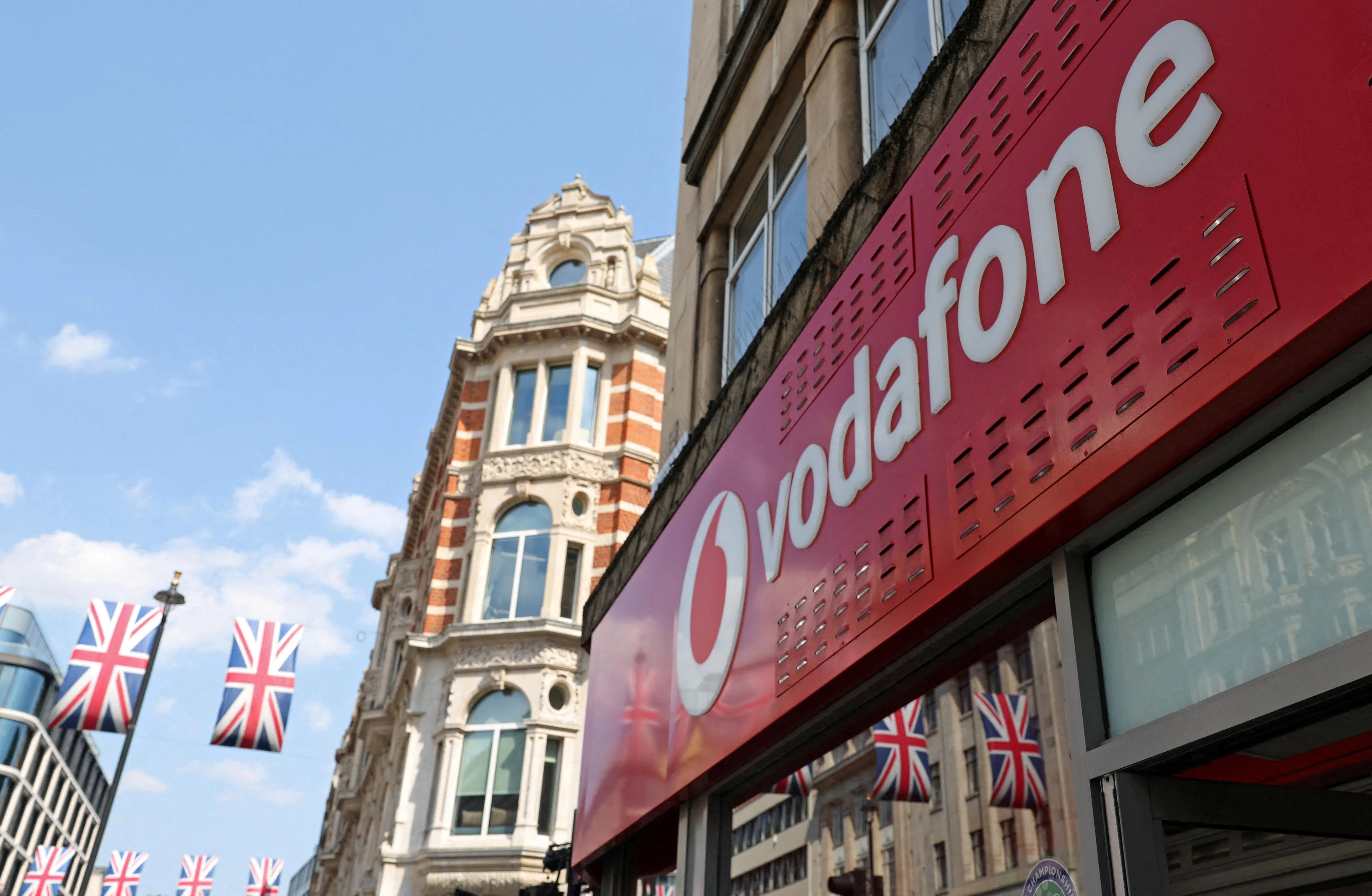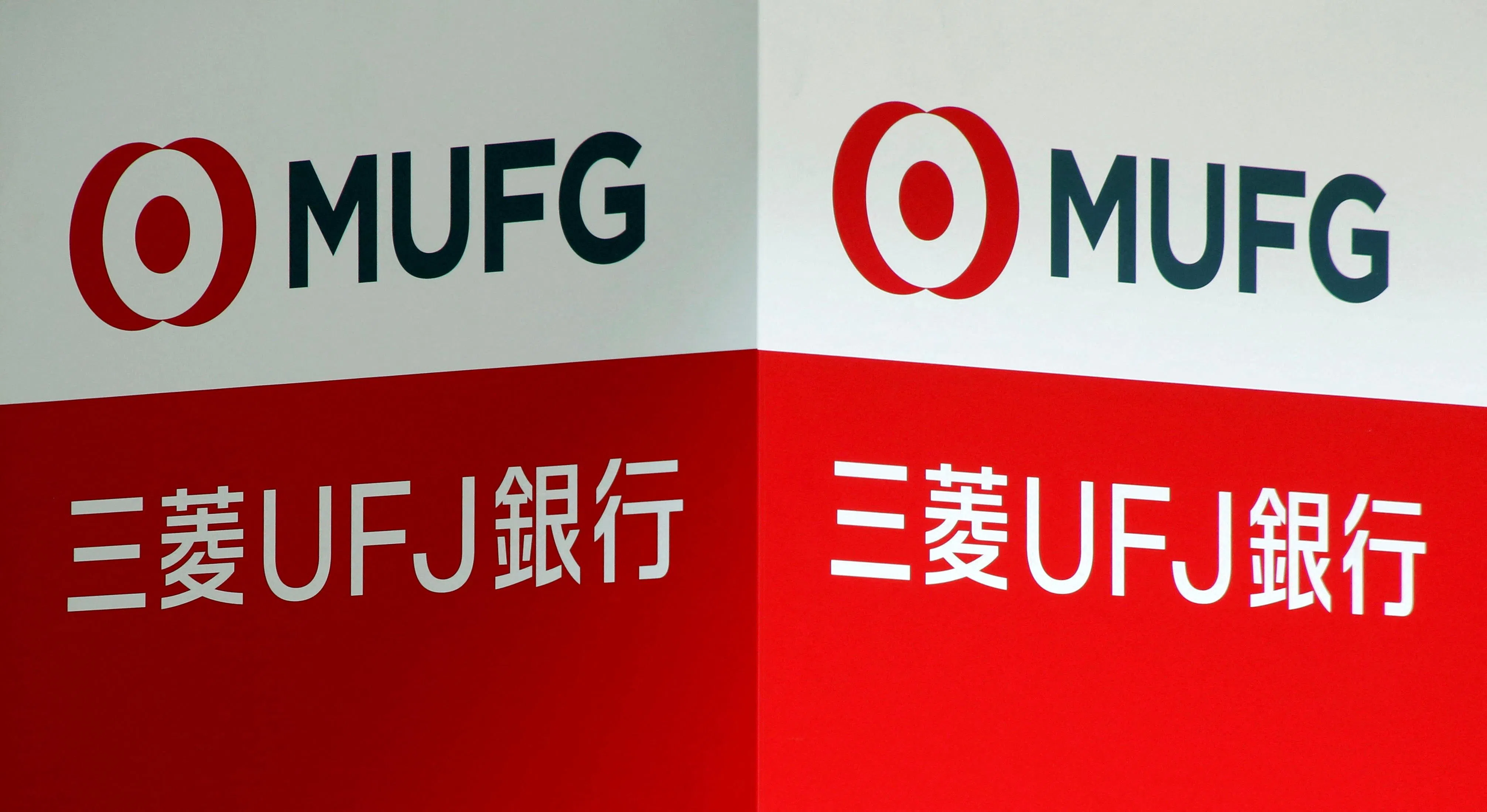The deal, along with a proposed merger, could establish a reliable third competitor in the market, says Vodafone’s CEO of European markets
BRITAIN’S Vodafone and Virgin Media O2 have agreed to extend their network-sharing deal to the mid-2030s, including a spectrum shift that could help Vodafone to win regulatory approval for its tie-up with mobile operator Three.
The US$19 billion merger between Vodafone’s UK operation and Hutchison’s Three UK is the subject of a Competition and Markets Authority (CMA) investigation.
Under the new network-sharing deal, an enlarged Vodafone-Three entity would sell some of its combined 59 per cent of the best spectrum for 5G networks to Virgin Media O2, which has the lowest share.
That could help to address the regulator’s concerns about a merger which would reduce the number of mobile networks in Britain to three from four.
“We believe that this new agreement addresses the issues we have voiced and the CMA outlined in its initial decision,” said Lutz Schuler, chief executive officer of Virgin Media O2.
Vodafone said the network-sharing deal would allow customers of Virgin Media O2 to benefit from the £11 billion (S$19 billion) investment plan in 5G networks that it has pledged if the Three merger is approved.
BT in your inbox
Start and end each day with the latest news stories and analyses delivered straight to your inbox.
“The proposed merger, together with this agreement, will boost competition by establishing a strong third player in the UK mobile market,” said Ahmed Essam, Vodafone’s chief executive officer of European markets.
Telefonica UK and Vodafone agreed a network-sharing deal in 2012 to accelerate the rollout of 4G.
Vodafone later transferred its stake to its Vantage Towers spin-out while Virgin Media O2 – owned by Telefonica and Liberty Global – sold part of its stake to GLIL Infrastructure last year.
Britain’s other two networks, BT’s EE and Three UK, set up their own network-sharing agreement in 2007.
Last year, they agreed on a less extensive deal – which does not include joint infrastructure upgrades – that expires in 2031. REUTERS



